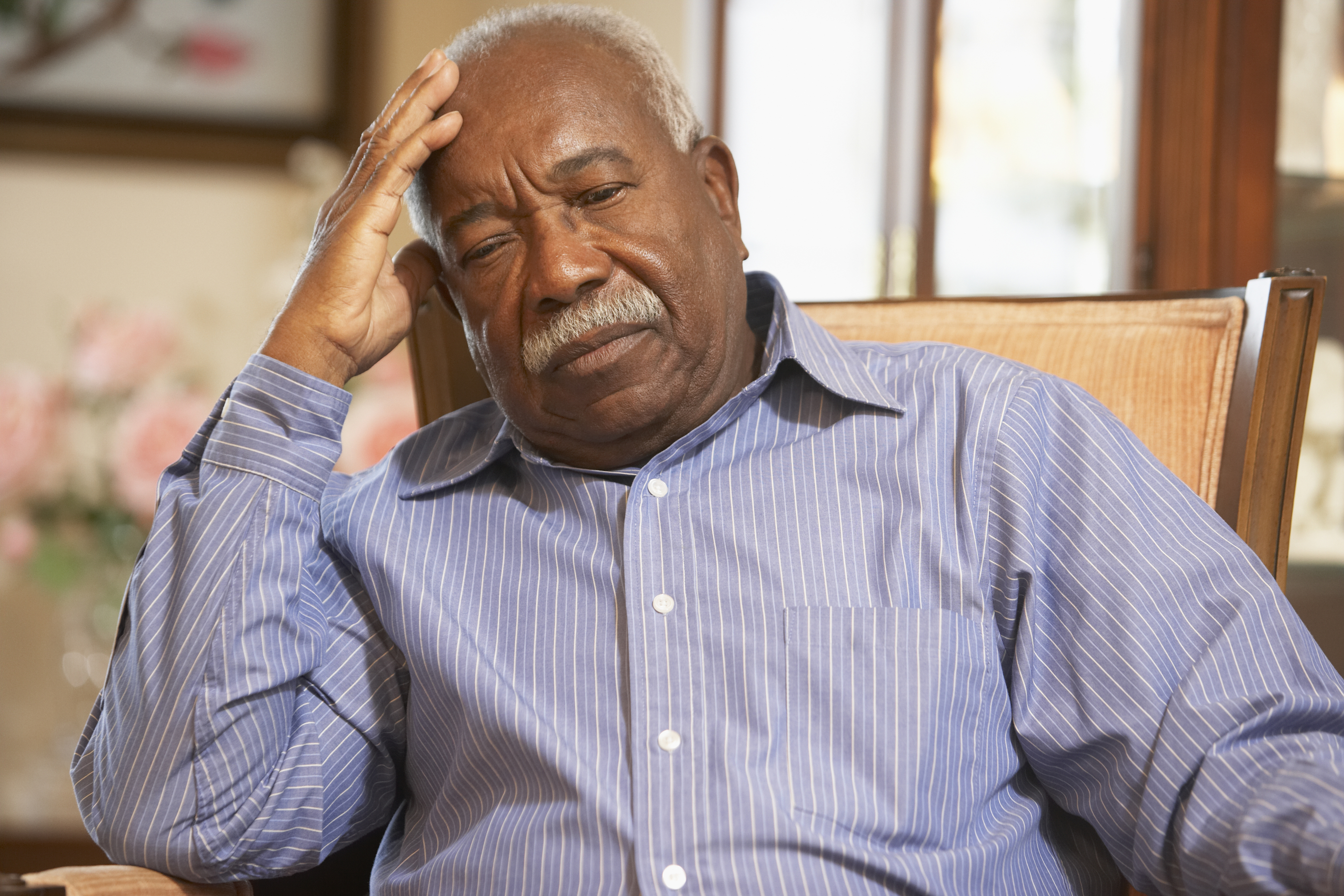 I recently completed a series of workshops with a group of seniors in my community in Israel. It was very rewarding to see how open they were to new ways of looking at personal anger and anger in others, something rarely talked about among this generation. Of all the topics we covered, the one that caught their attention the most was grief.
I recently completed a series of workshops with a group of seniors in my community in Israel. It was very rewarding to see how open they were to new ways of looking at personal anger and anger in others, something rarely talked about among this generation. Of all the topics we covered, the one that caught their attention the most was grief.
When looking closely at this age group (and I am included), we realize that a great deal of personal anger stems from the grief we experience from our losses over the years.
For most of us, the first thing that comes to mind when we talk about grief is the loss of loved ones—a spouse, siblings, family members and friends. But grief isn’t limited to the loss of someone close to us. What about grief connected to retirement? The loss of a job or a position we held, and the status, salary and perks that went along with it, are often a source of anger and resentment.
Or, what about the grief we experience when we begin to lose our physical and mental capabilities? So many activities we did in the past, like gardening, working out, shopping, laundry and other household chores, although time consuming, were easily accomplished. Now they have turned into major projects that often require assistance from others. Today when I go for a walk, it takes me more time to go a shorter distance.
There is also the loss of hearing, eyesight, sense of taste, smell and touch, balance, muscle tone … I could go on and on but … what was I saying? Oh, that’s right—let’s not forget memory! Memory loss affects all of us as we age. I am just glad I have a sense of humor about it and am able to laugh at myself instead of getting depressed.
I shared with the group that over the past few years I find myself more and more using expressions like “thingamajig “ and “whatchamacallit”. I compare my grey matter to the Queen song, “Another One Bites the Dust”.
On a more serious side, with all of these changes come the fears connected with the anticipation of loss and its inevitable results. Our ability to take care of ourselves and maintain our independence—whether it is being able to drive, live on our own, not fall ill or, for that matter, not fall down—are just a few of the scary thoughts we face. These are all real concerns that have a direct effect on our physical and mental well-being.
So, what do we do with the anger, the grief and the fear? Without going into technical solutions for personal safety and a better quality of life, I am offering what we teach all of our clients at Anger Alternatives as a first step about “acceptance.”
Yes, “acceptance” is a challenging concept because it means acknowledging and accepting something I may not like or want, something over which I have little or no control. It is about accepting and embracing myself and who I am today without shame. By accepting my situation—not from a stand point of resignation and giving up, but from a place of empowerment—I can control how I respond. And, instead of using my energy to resist and fight the situation, I can put that energy into making my life as well worth living as possible.
All I really have to do is remember! J

Speak Your Mind